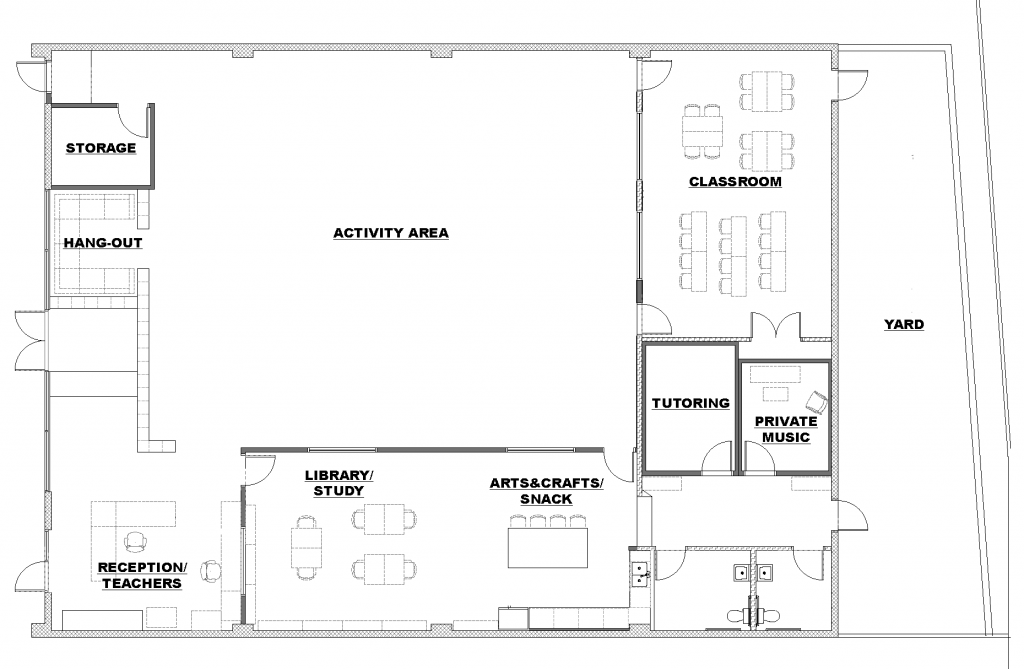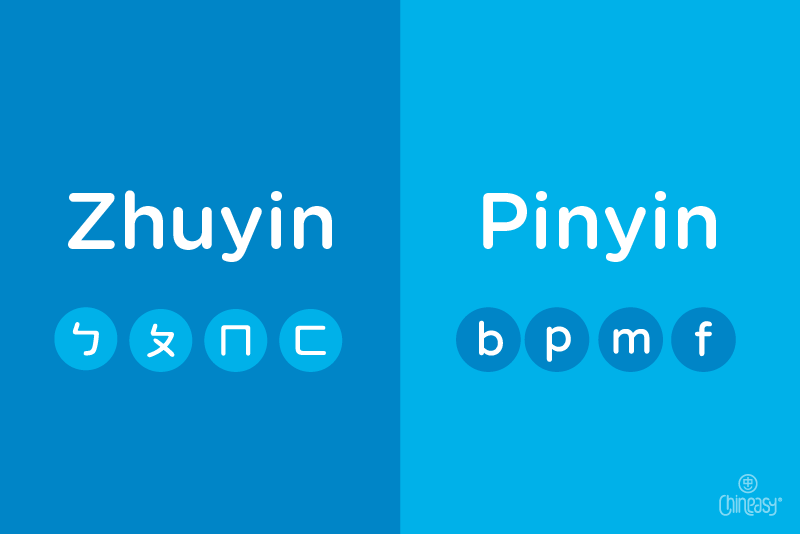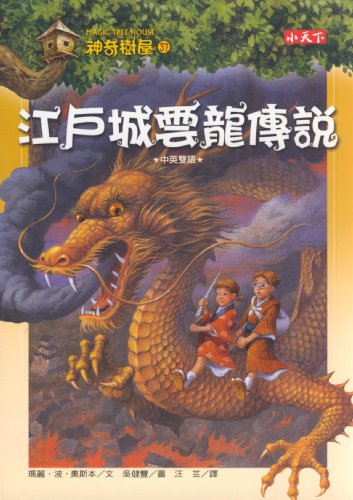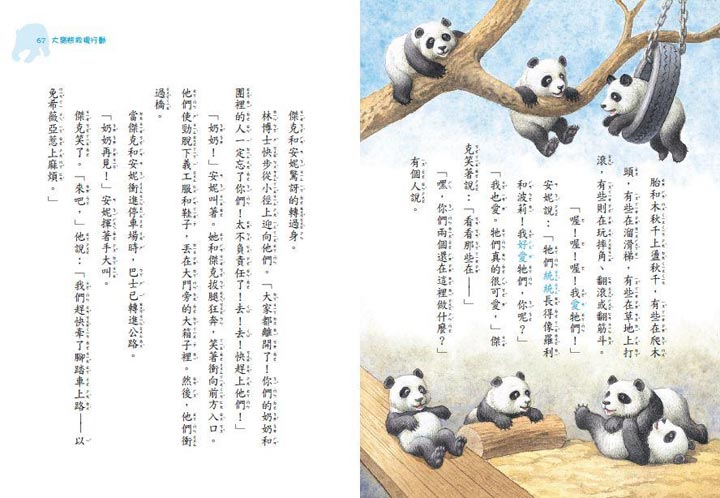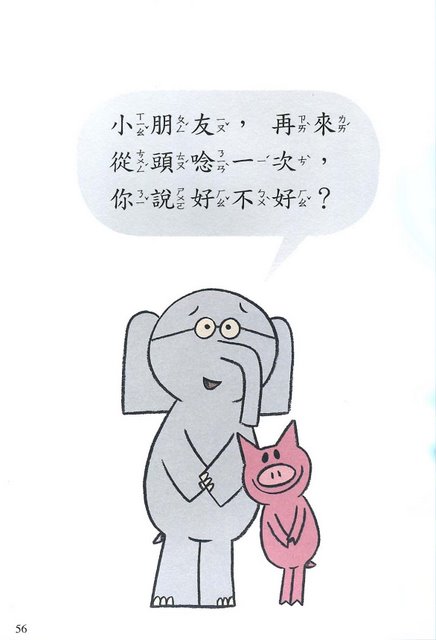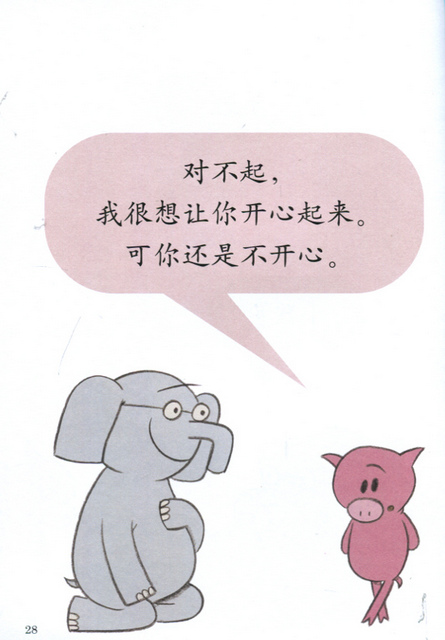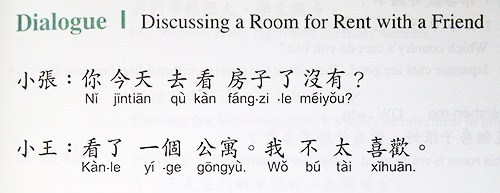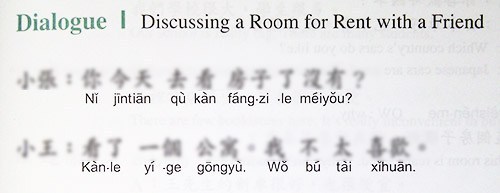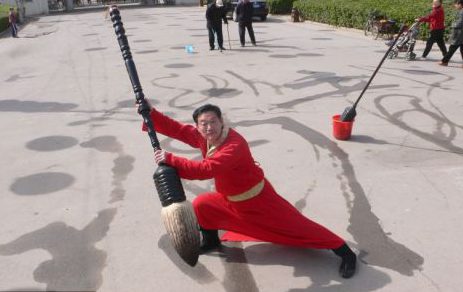Kids Go Mandarin Parent+Child Music Classes at Hanwen School in Fall 2017
Hanwen School is happy to be able to offer our local community a program for parents and children ages 0-6 years old.
Kids Go Mandarin music class is a Mandarin immersion music program that combines music and Mandarin Chinese in an immersion environment. It helps kids develop musical skills in early childhood and help develop multi-lingual abilities (by learning Mandarin in a predominantly English-speaking country).
Curriculum is combining methodologies of 2 pedagogies of Kodály Method and Orff Schulwerk to build a playful musical environment for kids to learn musical skills through play.
Find out more about the Fall 2017 Kids Go Mandarin classes happening at Hanwen School.
https://hanwenschool.org/classes-workshops/kids-go-mandarin/
Our architect’s wonderful design & beautiful photos
On the morning of our first Open House, our architect, Tai-ran Tseng, came out to take photos of our wonderful space. He is a knowledgeable architect and has worked on some great music & dance space designs. He made sure our classrooms and music rooms would designed to be sound-proof from our activity area where kids will be running around and playing. This way, students can focus on studying when they are in the classroom and have fun playing when they are in our activity area.
Check out our photos below:
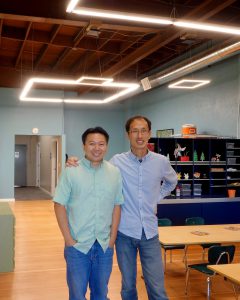 Director Ron Chung and Architect Tai-ran Tseng
Director Ron Chung and Architect Tai-ran Tseng
Activity Hall & Entry
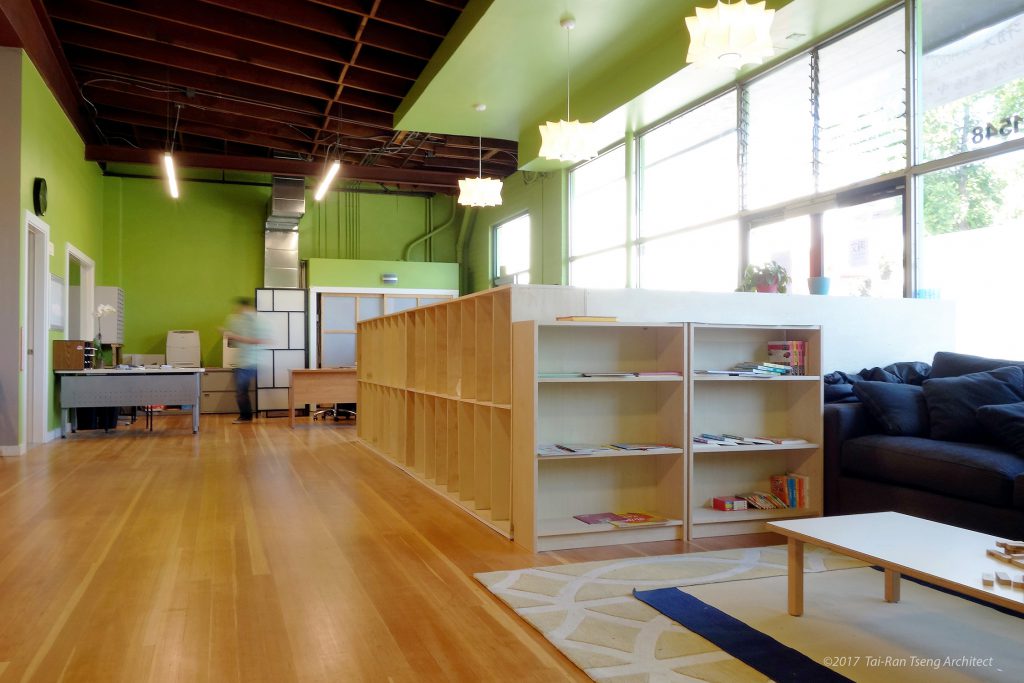
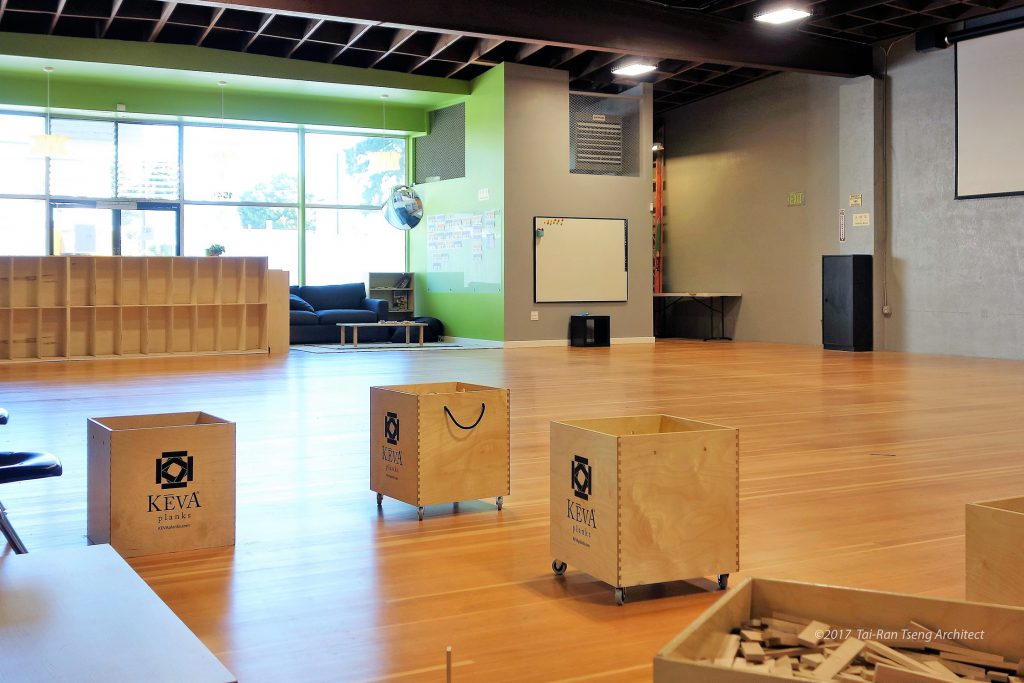
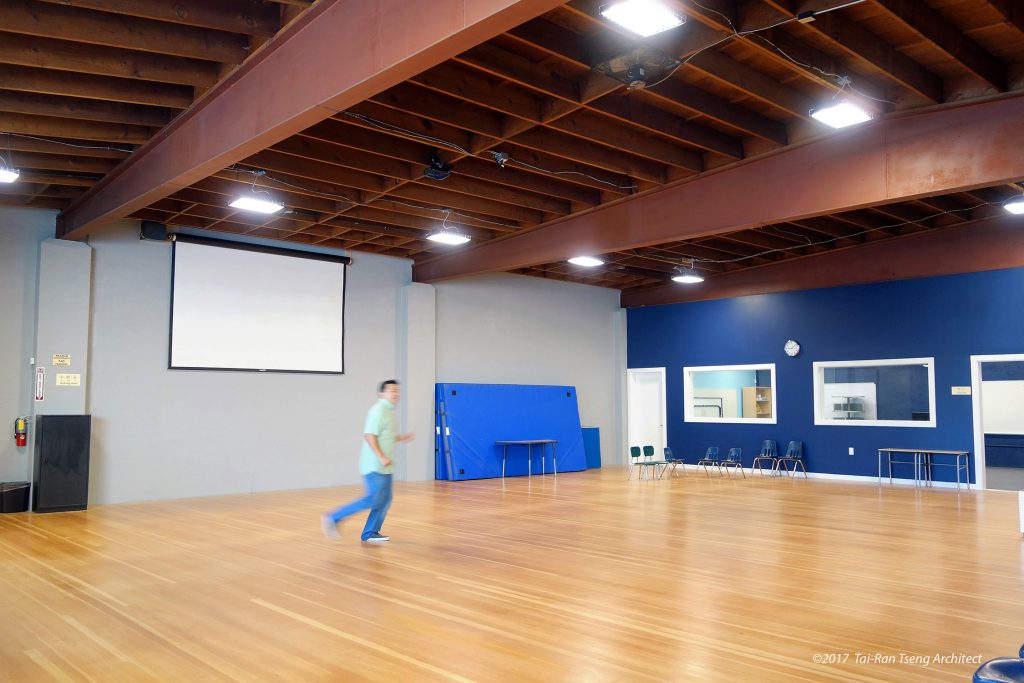
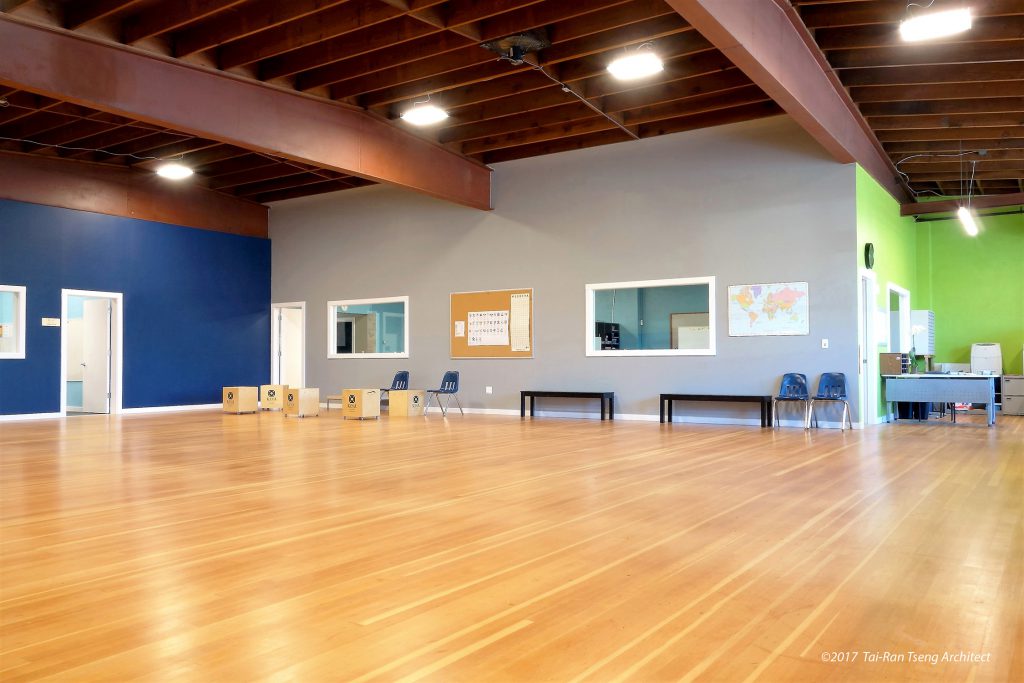
Classroom Space
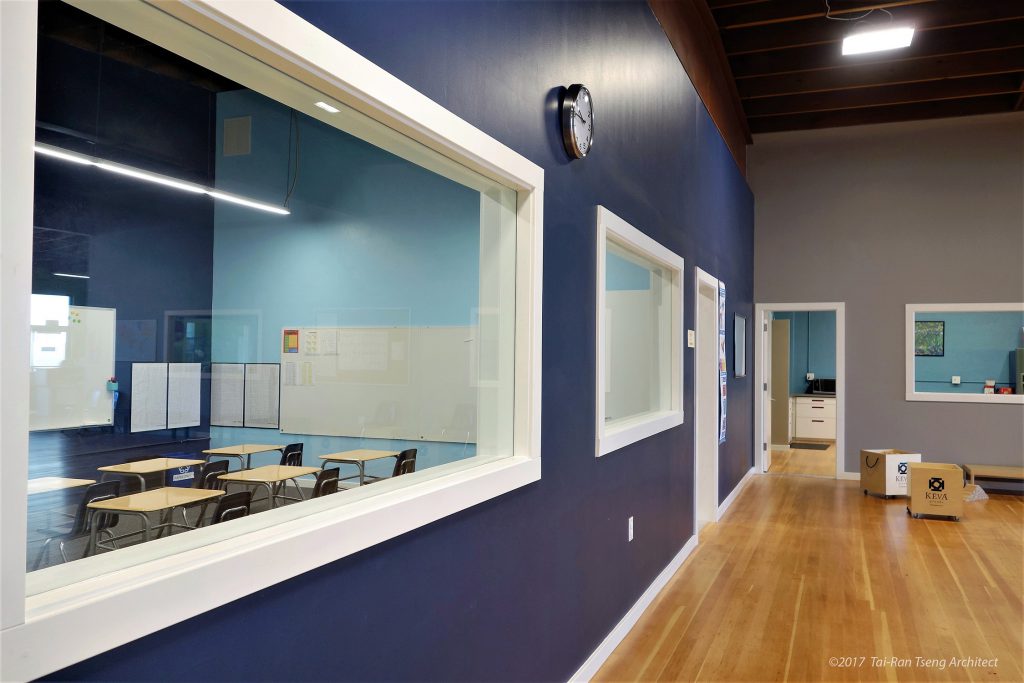
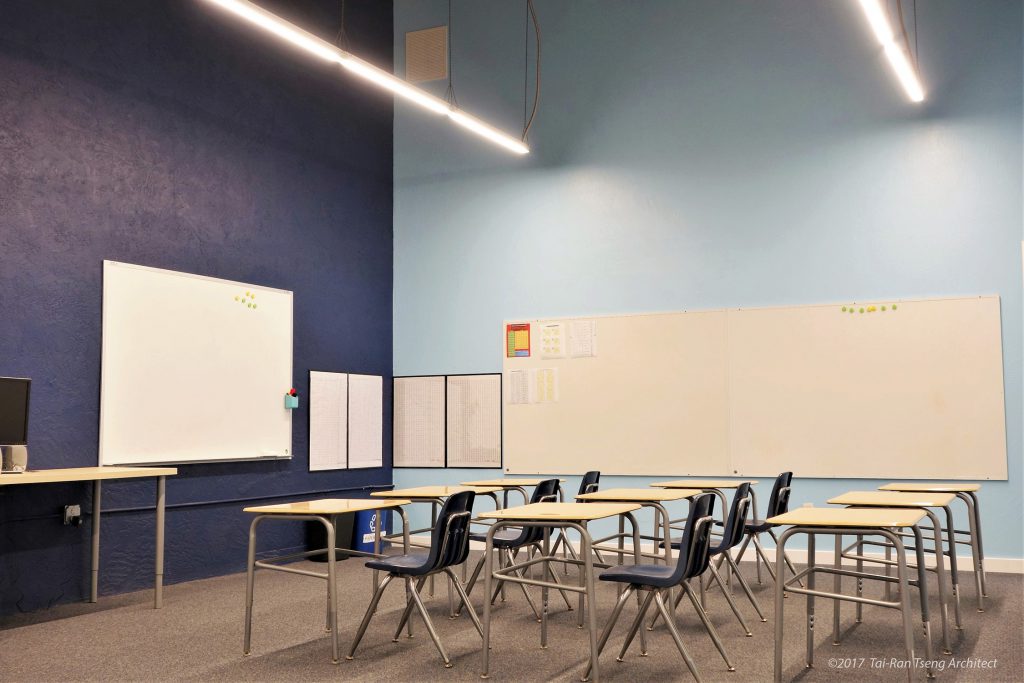
Arts/Crafts Classroom & Kitchen/Snack Area
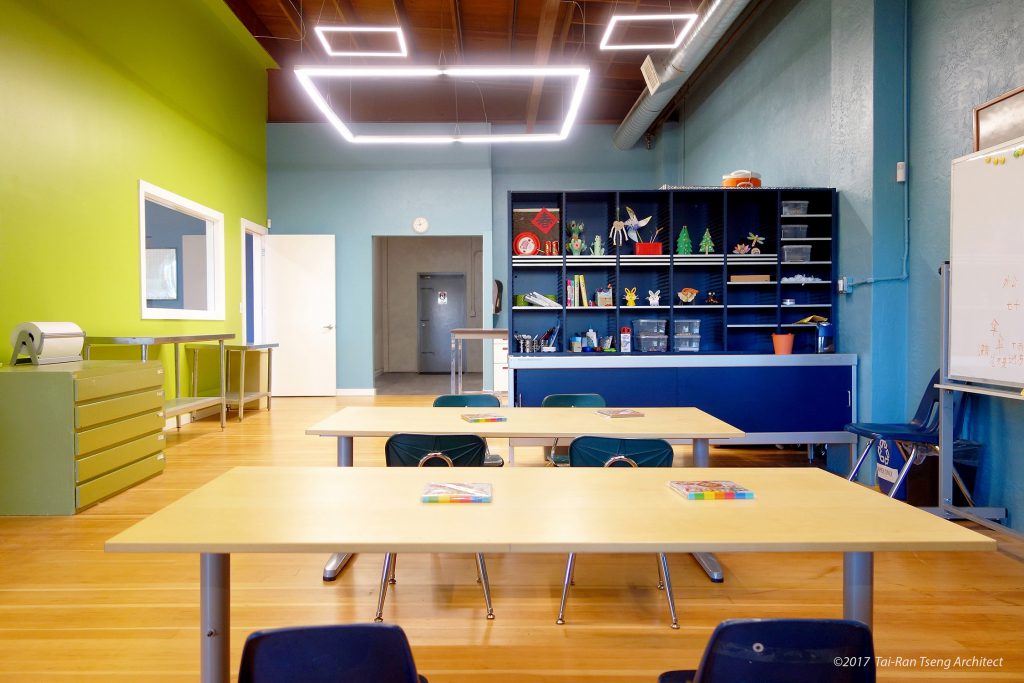
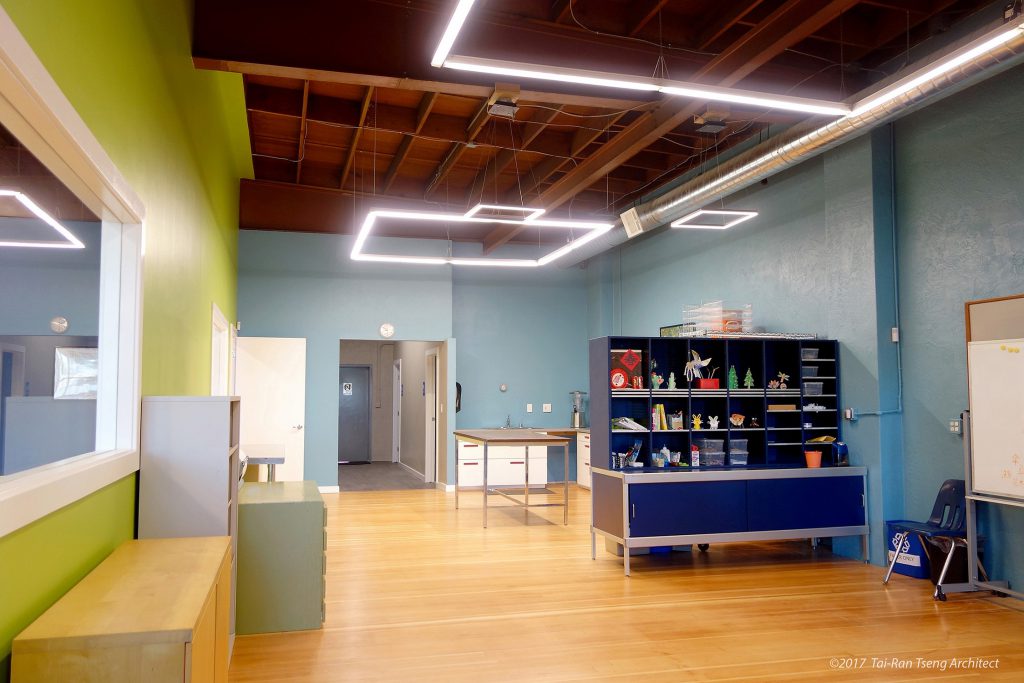
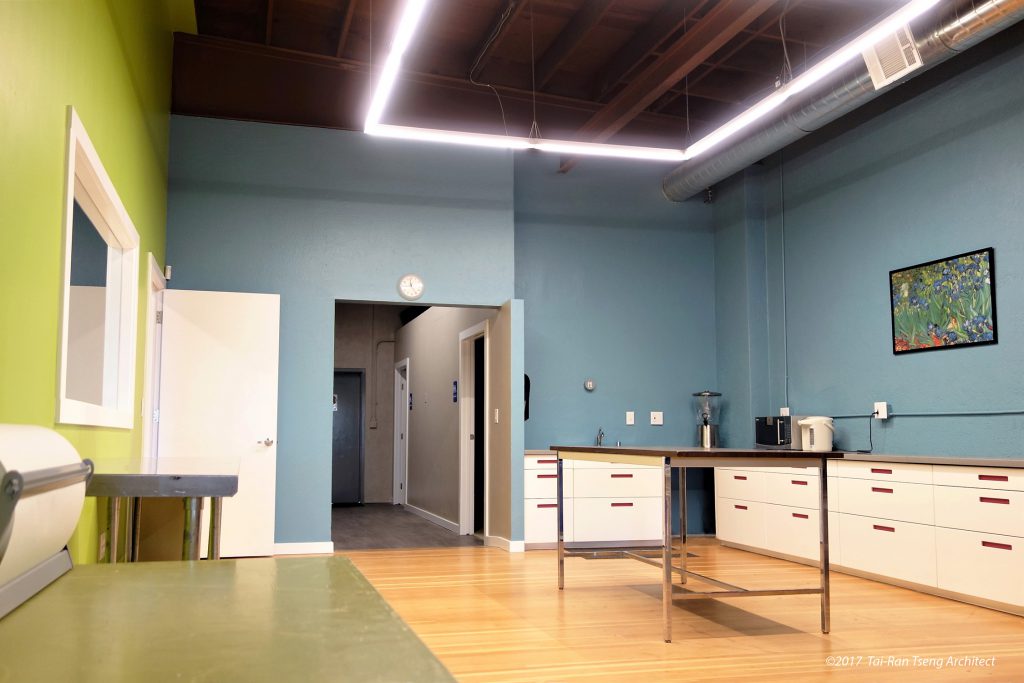
Music Lesson Room
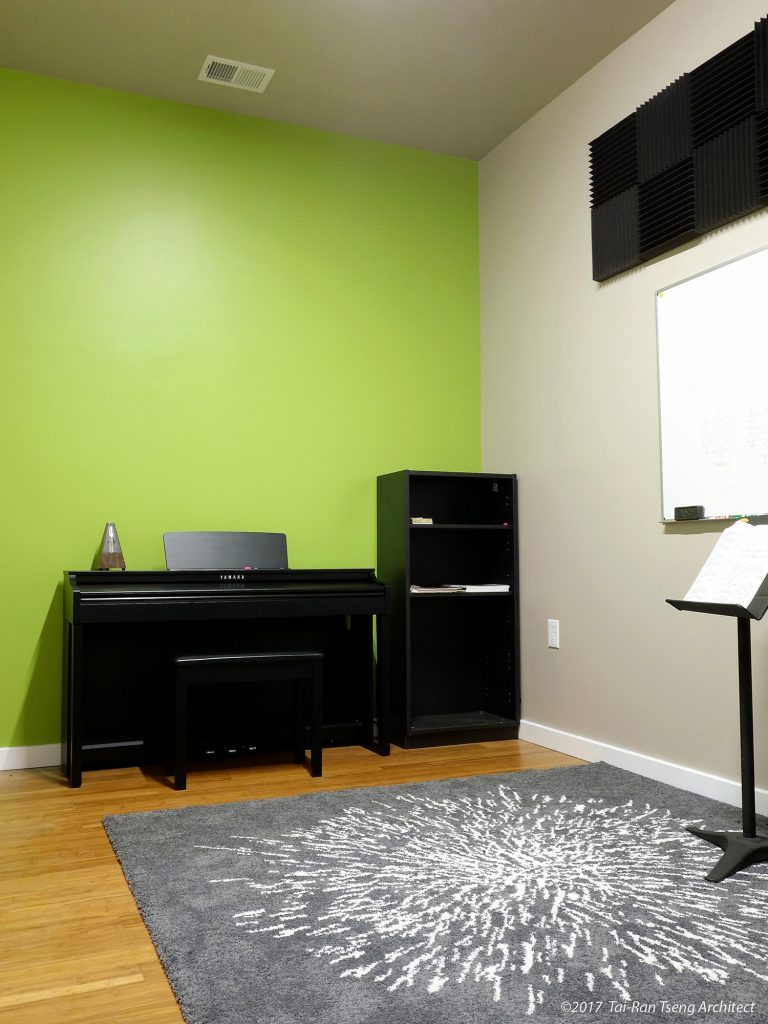
First Open House Success
Thank you for everyone who came to Hanwen School’s first Open House to learn about our after school program and summer camp. We will be starting after school language program in Fall 2017, so contact us to register and enroll your child.
Click here to view the photos from our Open House
We had a wonderful Lion Dance from UC Berkeley’s VSA Club. They did a fantastic job bringing good luck to Hanwen School. The kids really enjoyed feeding the lion cabbage and taking photos.
Ron Chung, the founder of Hanwen School, gave a presentation about the challenges for our children learning Chinese in the US and what are some target learning goals.
Hanwen School Open House
Presentation – May 20, 2017
Thanks to Go!Mandarin for coming out and doing a language & music activity with kids at our Open House. They will be offering a Mandarin immersion toddler & parent music class in Fall 2017.
Calligraphy in Motion (Special Camp Session) : June 26-30, 2017
A few families asked about summer camps emphasizing Chinese artistic expression. So we decided to set up a special camp session during the week of June 26-30.
Our “Calligraphy in Motion” camp will focus on Chinese calligraphy and martial arts.
In the morning, various art and craft activities will be taught by a local Chinese art teacher, Sandra Chang.
In the afternoon, campers will learn kung-fu from local martial arts instructor Master Guo from U.S. Shaolin Kung Fu.
Throughout the week, we want kids to have fun, but also learn to express Chinese characters in art and to learn a complete kung-fu form (a choreographed pattern of kung-fu moves).
Like our other sessions, we will communicate with children in as much Chinese as they are capable.
- Regular camp hours: 9:00am – 3:00pm
- Extended care hours: 8:00am – 6:30pm
Fill out our Summer Camp Registration Form (click to download) and mark Session 2 (our Calligraphy-in-Motion camp).
Come to our Open House 2017
We are having our first Open House. We want to show everyone our space, chat with different families and share our summer camp and after-school programs.
WHEN: Saturday May 20th from 4 to 6pm
WHERE: 1548 University Ave, Berkeley, CA 94703
We will have various activities for kids and information available for parents.
Come explore our space.
New Logo, Website Redesign, and Presenting at GMIS Parent Info Night
New Logo
Hanwen School finally has a logo. Great thanks to a generous and artistic Chinese teacher Sandra Chang who has a background in graphic design. She helped create a style that evokes writing calligraphy in a fun,child-like manner.

Along with the new logo, we adjusted our website to better match our new logo and the colors of our location. Our old website was something quickly put together to get information out to the community. We hope everyone likes the new logo and website re-design.
GMIS Parent Info Night

We also had the opportunity to present at the GMIS Parent Info Night about “Local Mandarin Options after Preschool” and share some information about our Hanwen School after school and summer science programs.
Yay! Zoning & Building Permits Approved
Our zoning and building permits were approved by the City of Berkeley last week.
Construction is ongoing and our facility will be ready mid-March 2017.
Our Mandarin immersion & Chinese heritage school will provide after-school language programs and summer science camps to children in our local East Bay community.
Information about our 2017 Summer Science Camp will be available later this week.
Join our mailing list to stay updated.
We are located at 1548 University Ave, between Sacramento St. and California St.
Our facility has great spaces for children to engage in fun activities while learning Mandarin Chinese.
- A large activity area allows kids to run around and is a great way for kids to learn Chinese through kung-fu, dance, and physical game activities. Relay races and other games teaches kids to recognize Chinese characters while having fun.
- A classroom space lets our teachers help kids improve their Chinese reading and writing skills.
- The library/study and arts & crafts areas break kids into small groups for various activities. The library will have a books in Chinese for kids of different proficiency levels.
- The tutoring and private music rooms are available for parents to provide their child additional supplemental instruction or enrichment.
